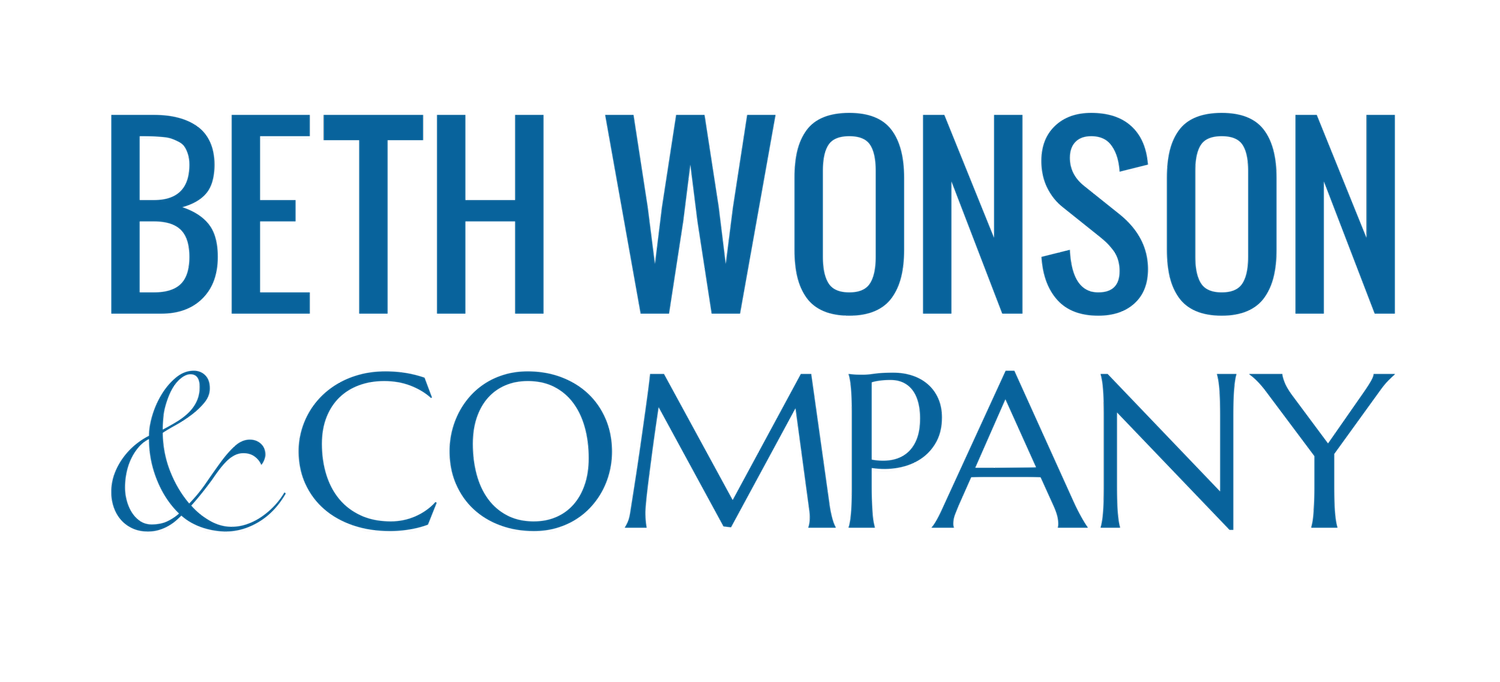Maybe he’s just an a-hole
I read something yesterday that really stuck in my brain. And I churned it around uncomfortably until I knew I was going to write about it.
There is a chat group for professional coaches that I participate in. It is rich with thought-provoking discussions and ideas. Yesterday, one of the members presented a scenario that she is faced with. It involves staff that has complaints about their supervisor and want support in bringing those issues to his attention. Their fear is that he will react badly and possibly retaliate. The coach was seeking suggestions from the group. This was my contribution to the dialogue:
“A little long to share here, and the complexity and simplicity may get lost in translation. I start with helping the individual with the complaint to unpack what tiny bit within the complaint is a mirror, trigger or message for himself or herself. I delve into the story they have created about all that will be different for them if "the other" changes. And then begin rebuilding from a place where the person with the complaint (i.e. victim story) can find empowerment to shift some of his or her own behavior, energy, fear, etc. I ask them to practice this. Be in this space. And then coach them in how to create and hold space for an expectation-free, healthy, clean dialogue if the need persists.”
Another contributor who I don’t know (there are 1,000 people in the group) responded with, “And maybe the guy is just an a-hole”.
Throughout the day as I was working with clients who are sometimes pegged as “just an a-hole”, that response kept popping into my mind. Even when I wasn’t consciously thinking about the post, I knew my subconscious was doing mental gymnastics to really make sense of my philosophy around “maybe the guy is just an a-hole”.
Now, I’ve been called lot’s of things and I’m sure bleeding heart liberal is somewhere near the top. Before I became a student of self-awareness, how the brain works, triggers and reactions, and effective leadership, I was likely thought of as the leader who was just an a-hole.
When working with struggling teams I conduct one-on-one confidential interviews as part of the assessment. Usually at least one or two people are identified by the majority as “the problem” – the a-holes. In the interview process nearly everyone points to them saying something like, “If he would change, my job would be perfect” or “If she would just be fired, this would be a great place to work.” But when I sit with the identified a-holes, without judgment and with an open heart, I am able to see and hear the pain, the fear, the isolation and the sense of inadequacy that they are trying to hide and mask.
Hundreds of clients later, I can honestly say that not one of them was just an a-hole – despite what their actions may have indicated. At the core of every a-hole action is a person who is feeling vulnerable and doesn’t have the skills or permission to just be open about that level of discomfort. They believe they are masking their vulnerability by lashing out or shutting down. To protect themselves, they sometimes take actions that may feel retaliatory, unfair, irrational, arrogant, hurtful or inappropriate to others.
At the end of the day, I went back to the discussion and summed up my reflections with these words:
“You know I've been pondering this off and on all day as I did my executive and team coaching with people who at first glance could appear to be a-holes. I have to say, I have yet to meet that person who is simply that. Most people when empathetically made aware of their behavior’s impact have a strong desire to change it. I feel a blog coming on...... Thanks for the dialogue on this one.”
The woman who made the original a-hole comment responded saying, “All kidding aside, I agree with Beth”.
I’m not sure if she agreed originally. It is very hard to know with these types of online discussions. And it doesn’t matter. I choose to trust her words as her truth right now. What I do know and am grateful for was the opportunity to further clarify my thinking, beliefs and truth in my work.
Next time you run into someone who is just an a-hole (especially if it is yourself), become the observer and look at their behavior through the lens of vulnerability – theirs and your own. Instead of hoping to change them as a means to improve your situation, play with reflecting upon where in your life you are feeling vulnerable. And make a subtle shift in that area. Practice saying, “I don’t know”, “I’m not sure”, “I’d love to work with you on this project but I will need guidance since I’m just learning”. Be empathic with yourself. Show yourself the compassion you would hope others would show you. Notice how others respond to you. Notice if you feel healthier, happier and less vulnerable. And then in a few days, weeks, or months notice if you see any shifts in the a-hole. You just may be surprised.
